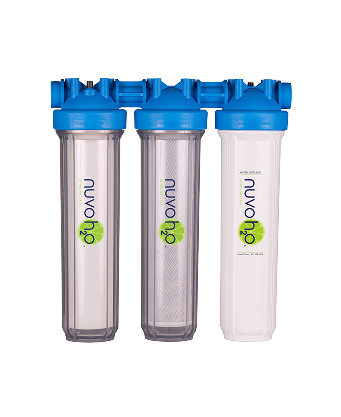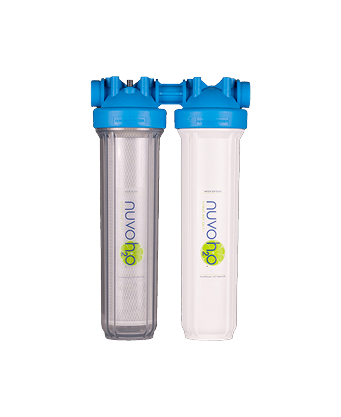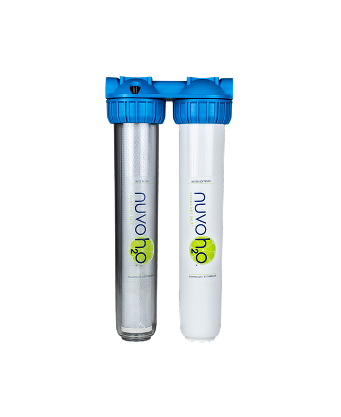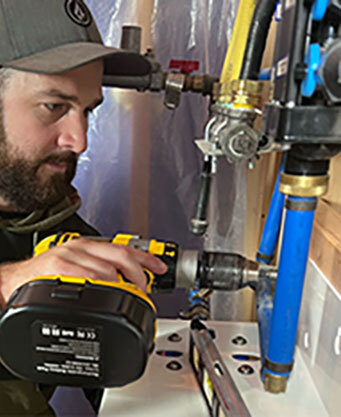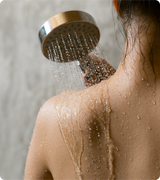
Water Softening Myths, Debunked
Posted by NuvoH2O on 31st Mar 2020
If you’re on the fence about installing a water softener system in your home, or you rejected the idea in the past because you thought the “cons” outweighed the “pros,” we’re here to help clear up any confusion. There’s a lot of misinformation out there about water softening, but once you separate fact from fiction, it’s a lot easier to decide whether it’s the right move for your home and family.Keep reading, and don’t hesitate to contact the team at NuvoH2O for more information or to start shopping for the ideal solution to your hard water problems.
Ion exchange is the only effective method for softening water. — While conventional ion-exchange water softeners have dominated the market for many years, they are by no means “the only game in town.”
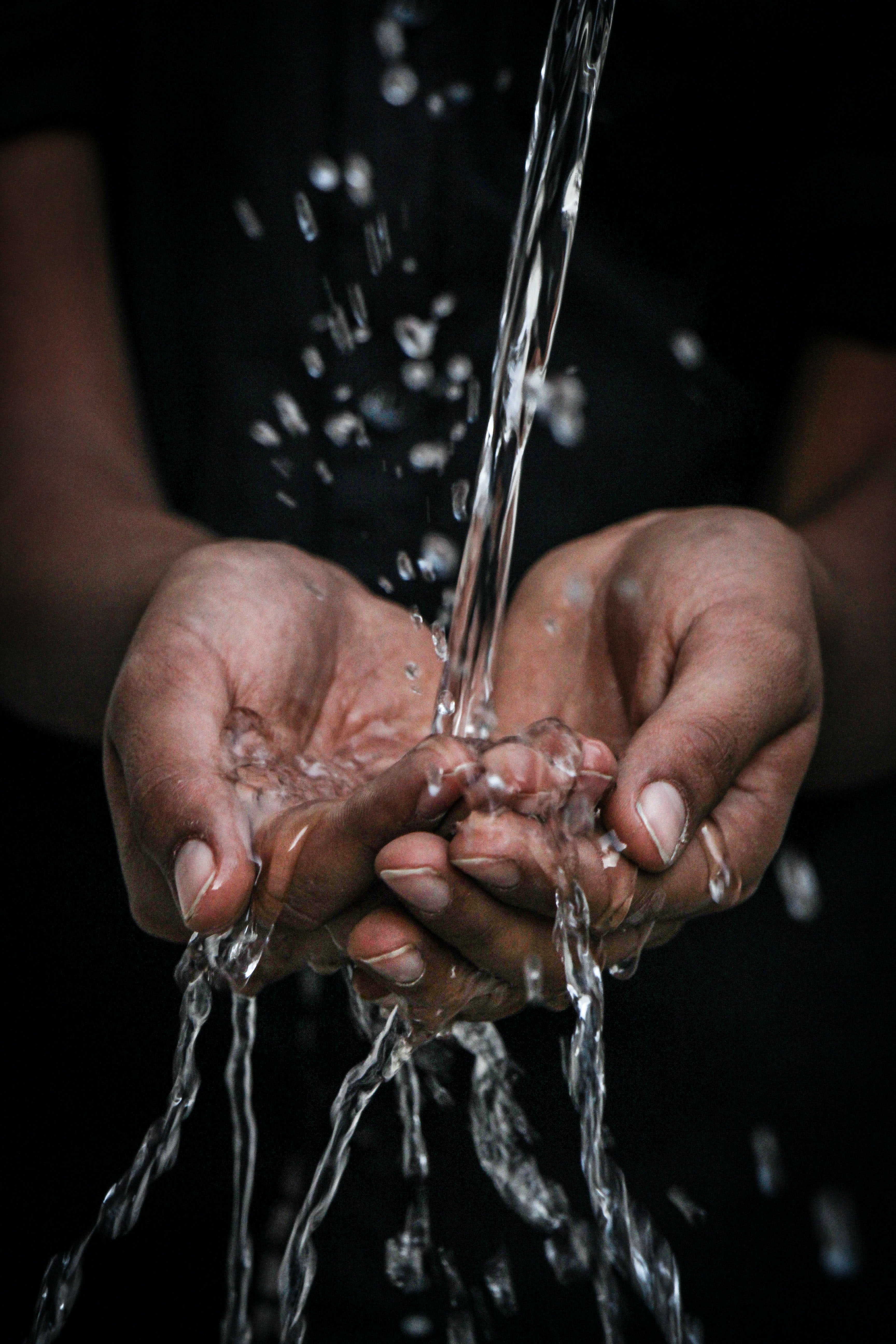
NuvoH2O’s salt-free water softeners work by employing our CitraCharge technology, which binds and isolates mineral ions to keep them from forming scale, rather than replacing them with sodium. Contact us for more information!
You only need a water softener if you have well water. — The city water company does not provide you with softened water. Regardless of where you get your water, be it a well or a municipal utility, if your water contains a high concentration of minerals and is leaving scale in your pipes and on your bathroom fixtures, you can benefit from a water softener.
Water softeners waste energy and water. — Some do! In fact, salt-based water softening systems produce more than 100 gallons of salty wastewater in the average home every week. In many cases, these systems also require electricity in order to operate. This is not true of salt-free systems, which actually conserve energy without draining any briny byproduct into the environment.
A water softener is the same as a water filter. — While it’s possible to install a whole-home water filter to purify your tap water and make it safe and tasty for drinking, that appliance is NOT the same as a water softener. A water softener addresses only the hard water minerals that cause scale; it does not remove any other chemicals or contaminants that might be present in your natural water supply.
Soft water will leave an icky film on your skin when you take a shower or bath. — Bathing in soft water might feel a lot different, but that’s only because your skin is actually clean! Unlike hard water, which contributes to the buildup of soap scum on your body, softened water allows the natural oils in your skin to emerge.
Water softening systems cost too much. — Think of it this way: Would you rather have to continually repair appliances that have been affected by hard water, or worse, replace those appliances years before the end of their expected lifespan? Would you rather have to wash dishes or loads of laundry multiple times to get them clean? Living with hard water is expensive, and while a water softener can be a significant initial investment, it can also help you save money in the long run.
NuvoH2O offers an effective, eco-friendly salt-free water softening system with convenient, budget-friendly financing options. You can afford to soften your water without harming the environment. That’s not a myth! Contact us today to learn more.

